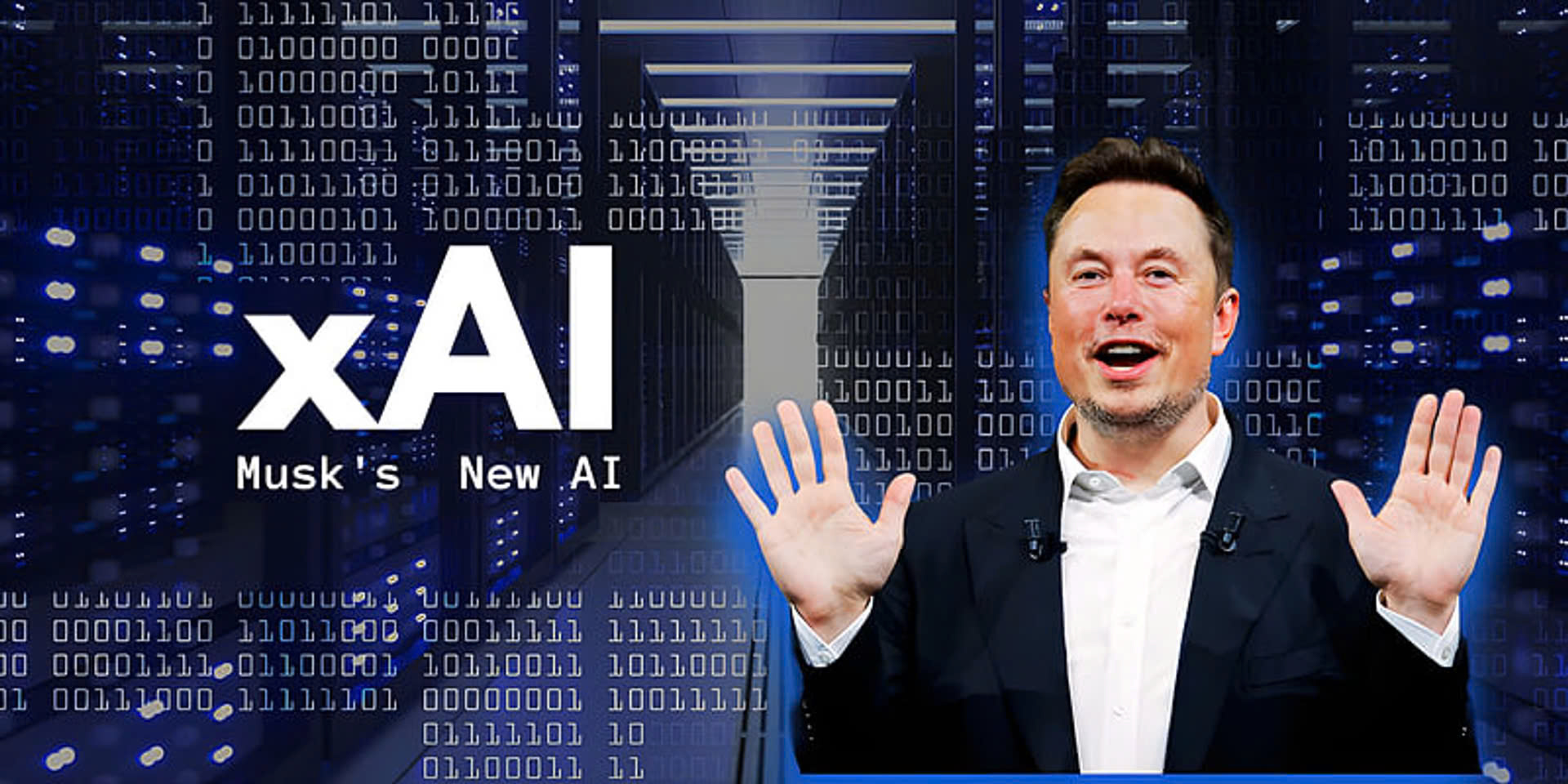
In the heart of Memphis, a growing battle is taking shape, one that pits a local neighborhood, its residents, and their decades-long struggles against pollution, against one of the most powerful men in the world—Elon Musk. While Musk’s ambitions continue to redefine industries, from electric vehicles to space exploration, his latest venture is clashing with the community’s fight for clean air.
The arrival of Musk's xAI supercomputer, located just miles away from Boxtown—a historically underprivileged and marginalized area in South Memphis—has intensified a long-standing fight for environmental justice. This conflict, fueled by Musk’s revolutionary plans for artificial intelligence and the community’s desperate need for clean air, has the potential to reshape not just the future of Memphis but also the larger conversation about corporate power, political influence, and environmental responsibility.
The neighborhood of Boxtown, a predominantly Black community, has been dealing with industrial pollution for decades, often left with little recourse in the face of corporate decisions that affect their health and way of life. Historically, it was a place where families once built homes from boxcars, a refuge from the horrors of the past, and a place of hope for the future. But now, Boxtown is at the center of a heated debate about Musk’s growing empire, environmental degradation, and the pursuit of technological progress at the expense of vulnerable communities.
In 2023, Musk’s xAI company brought what has been dubbed the world’s largest supercomputer to Memphis. The supercomputer, known as Colossus, is designed to revolutionize the field of artificial intelligence, but its energy demands come with significant environmental costs. To power Colossus, Musk’s company is relying on methane gas turbines—an energy source that emits nitrogen oxides and formaldehyde, both of which are major contributors to air pollution and smog.
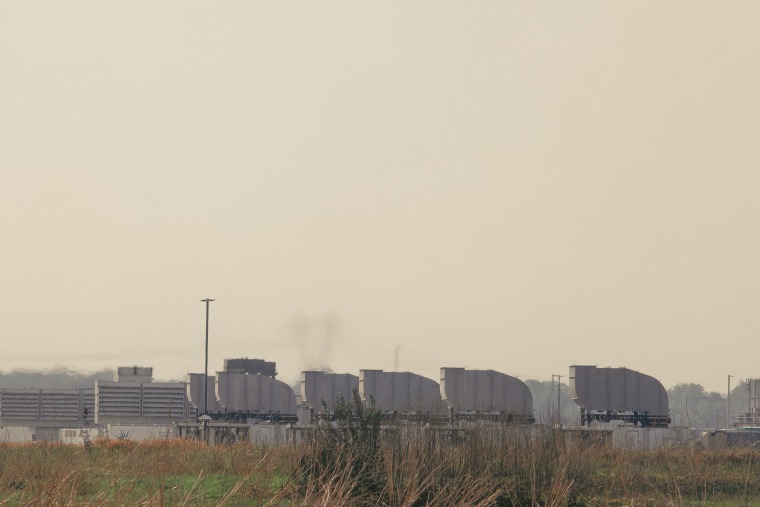
With the promise of creating cutting-edge technology and increasing Memphis’s role in the tech world, Musk’s arrival was seen by some as a boon for the city. The local government welcomed Musk’s company with open arms, seeing it as an opportunity to transform Memphis into a high-tech manufacturing hub, bringing in new jobs and investment.
However, for the residents of Boxtown, this new development represents another chapter of being ignored and sacrificed for corporate gains. For decades, they have witnessed industries come and go, leaving behind pollution, toxic waste, and a community left to clean up the mess. The arrival of Colossus is no different, and the residents are not staying silent.
At the heart of the protest is the claim that Musk’s supercomputer is contributing to further environmental harm. Although xAI insists that they are working in compliance with environmental regulations and that their turbines are designed to have the lowest emissions possible, the people of Boxtown have long been wary of corporate promises.
Their skepticism stems from years of broken promises and the ongoing struggle to breathe clean air. With asthma rates in the area already skyrocketing and the local pollution level significantly higher than the national average, any additional pollutants are too much for these residents to bear.
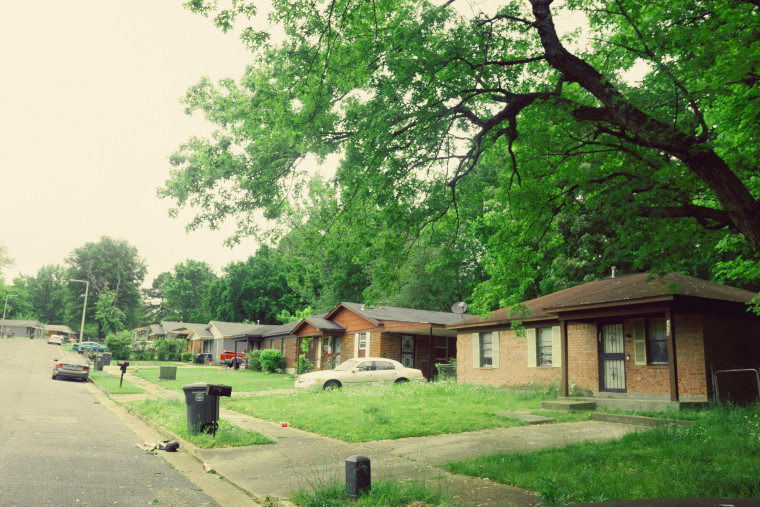
The situation escalated when the Shelby County Health Department began considering whether to approve xAI’s permit to permanently install 15 turbines to power Colossus. In April, residents gathered at a public hearing to voice their opposition to the permit, fearing that the turbines would only exacerbate the already dangerous levels of pollution in the area.
In a charged moment during the hearing, the residents chanted "People over property" in response to xAI’s reassurances that the turbines would not have a negative impact on local air quality. Their frustration was palpable, as they had been living in these conditions for too long and were fed up with being ignored by both corporate giants and local government officials.
The community's concerns are not without merit. For years, Boxtown has been a dumping ground for industrial waste, with the legacy of pollution stretching back to the Jim Crow era. The Allen Fossil Plant, which once operated in the area, left behind millions of tons of hazardous coal ash before it was decommissioned. More recently, a medical sterilization plant in the area was found to be emitting harmful levels of ethylene oxide, a chemical known to increase cancer risks.
The people of Boxtown have fought back against these injustices before. In 2019, they successfully halted the construction of the Byhalia Pipeline, a crude oil conduit that activists feared would contaminate the area's drinking water. Their victory in that battle has become a symbol of resistance, one that has continued to fuel their fight against xAI and the environmental impact of Musk’s operations.
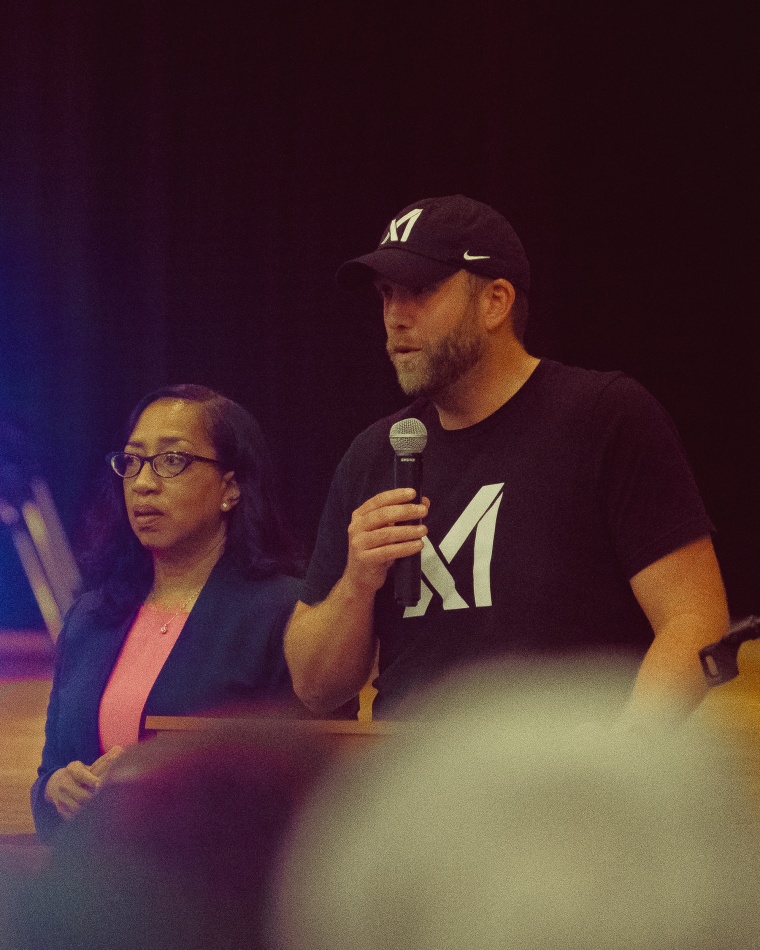
The skepticism in Boxtown is not just about the emissions from Musk’s turbines; it is also about the broader implications of Musk’s growing influence. For residents, it feels as if the powerful elite, backed by money and political connections, are continuing to exploit their community for profit.
This sentiment is heightened by the fact that Musk is not just a billionaire businessman; he is also a close ally of former President Donald Trump, whose administration rolled back several environmental protections. The intersection of Musk’s business empire, Trump’s political legacy, and the environmental risks posed by these operations has made the situation even more charged.
The broader context of this battle is the increasing corporate influence in politics, with Musk’s companies playing a significant role in shaping public policy and economic priorities. Musk’s business ventures, from Tesla to SpaceX to xAI, have benefited from favorable political and financial conditions.
But as his influence continues to grow, so does the scrutiny over his impact on the environment and vulnerable communities. This situation in Boxtown serves as a microcosm of a larger debate about the balance between technological progress and environmental responsibility, corporate power and community rights.
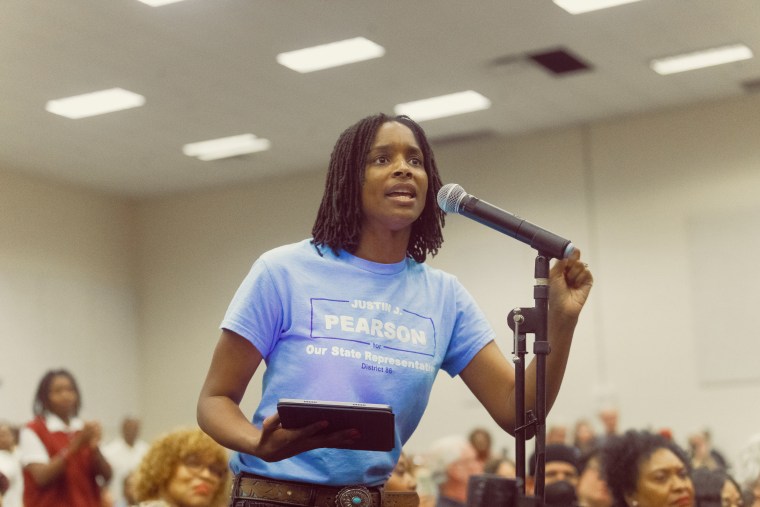
In the coming months, the Shelby County Health Department will decide whether to approve xAI’s permit for the turbines. If approved, it could set a dangerous precedent for other corporate ventures that prioritize profit over the well-being of local residents.
But the residents of Boxtown are not backing down. Their fight for clean air is part of a larger struggle for environmental justice, one that questions the unchecked power of billionaires and their ability to shape the world around them without accountability.
Elon Musk’s influence in Memphis, and the broader implications of his business ventures, will continue to be a point of contention. For now, the residents of Boxtown are determined to hold Musk accountable for the pollution they believe his companies are causing.
The outcome of this battle will determine whether the voice of a community will be heard, or whether corporate interests will continue to dominate the conversation on environmental policy. As Boxtown residents continue their fight, they are sending a powerful message: when it comes to protecting their homes and health, they will not be ignored.

As this battle unfolds, the question remains: will Musk’s vision of technological progress be allowed to come at the expense of vulnerable communities, or will this be a moment of reckoning for the tech mogul and his empire? The fight for clean air in Boxtown is not just about the future of Memphis—it is about the future of how we balance innovation with environmental sustainability.
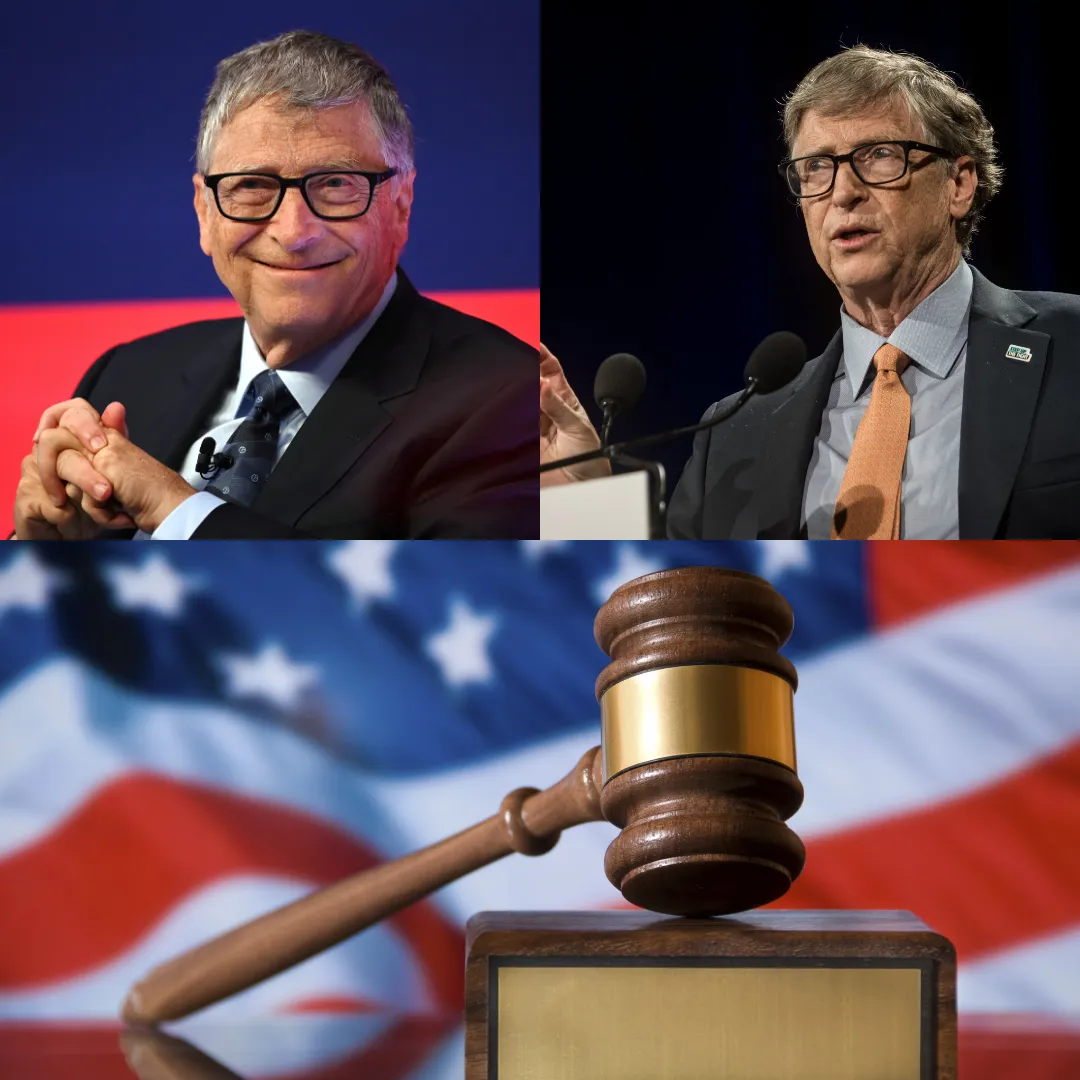
-1747994849-q80.webp)
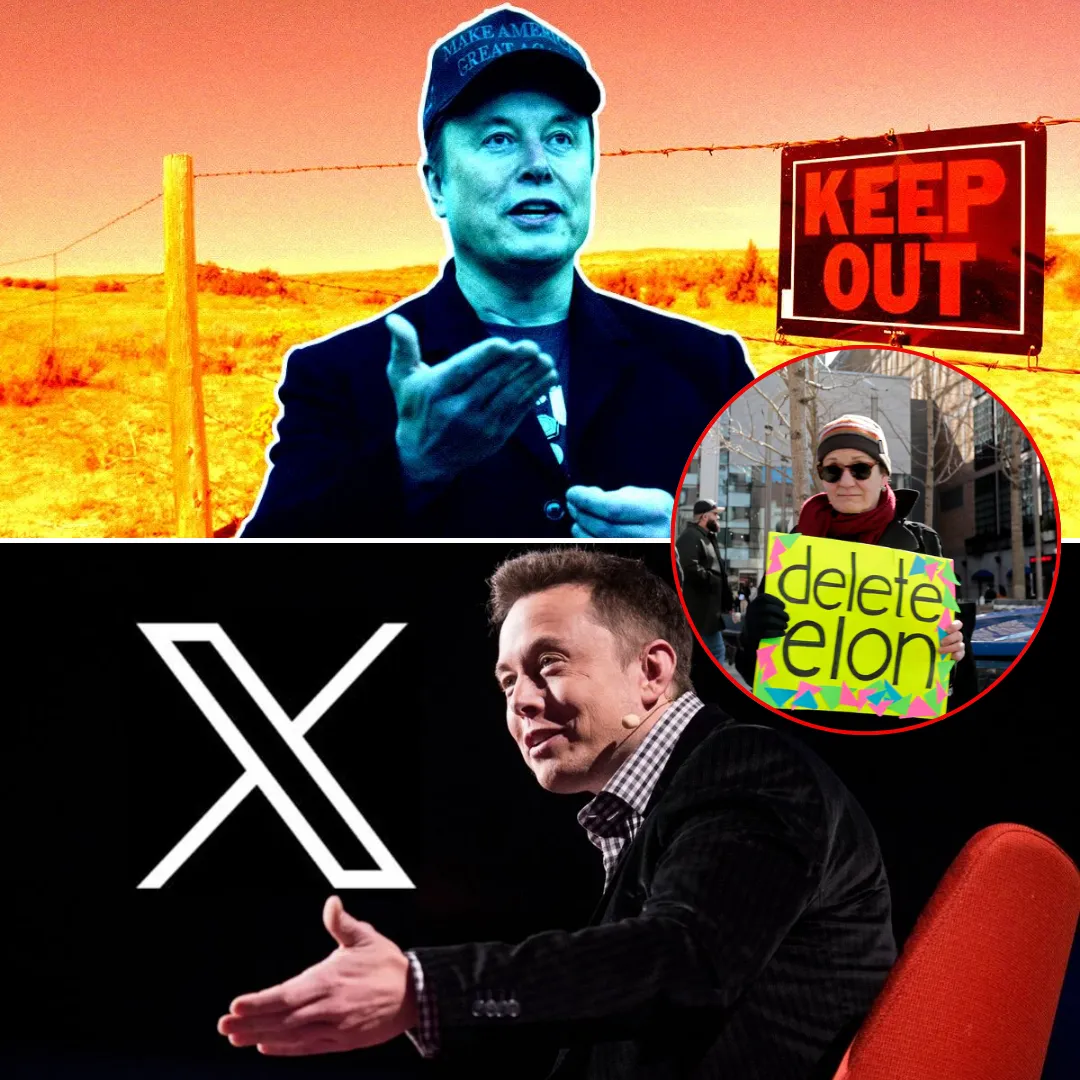
-1743127763-q80.webp)